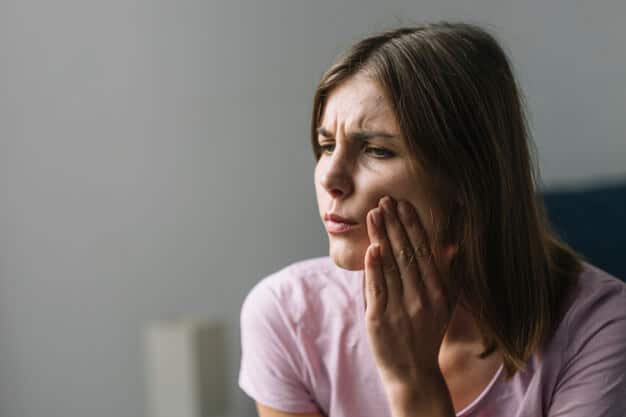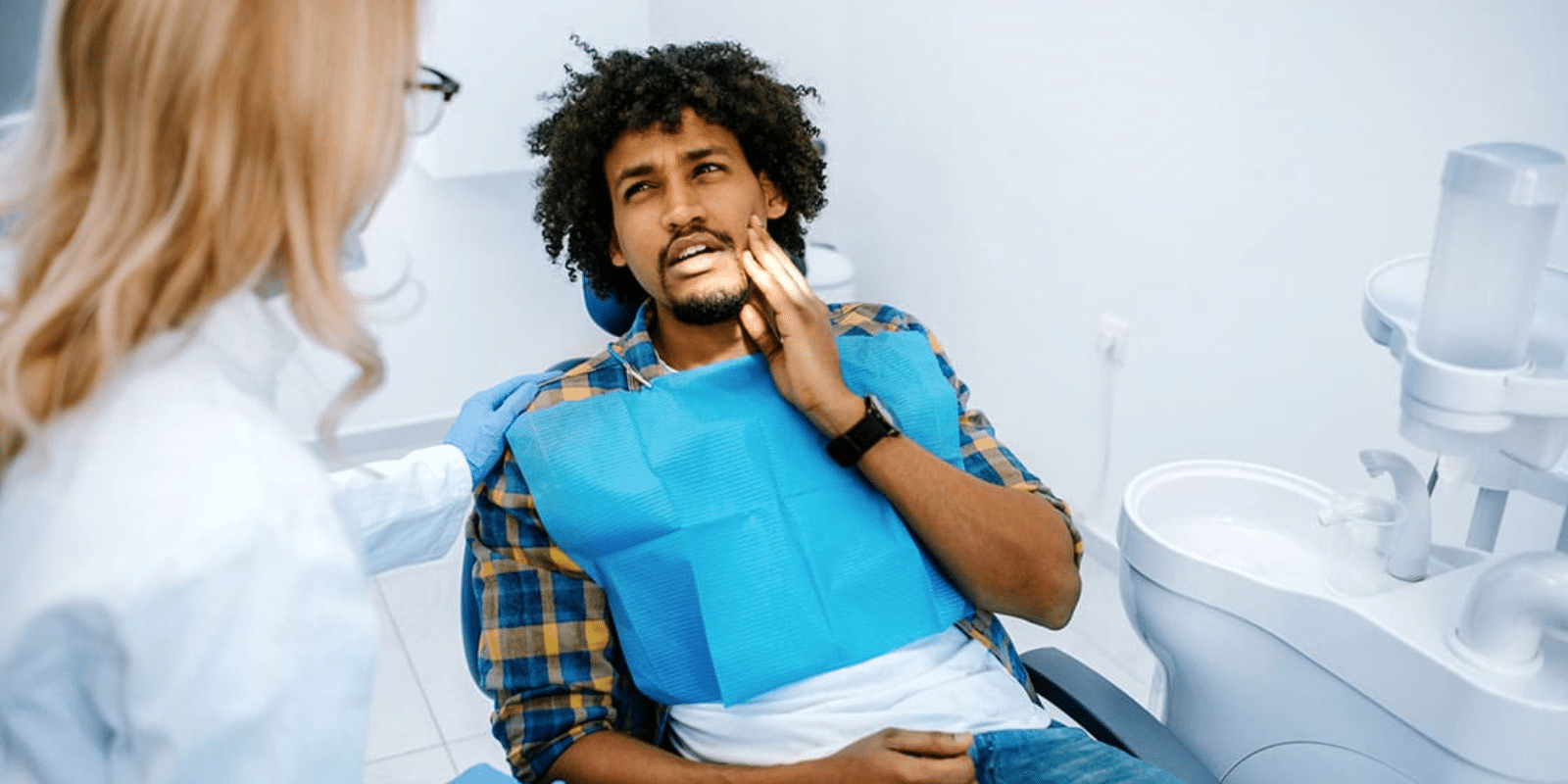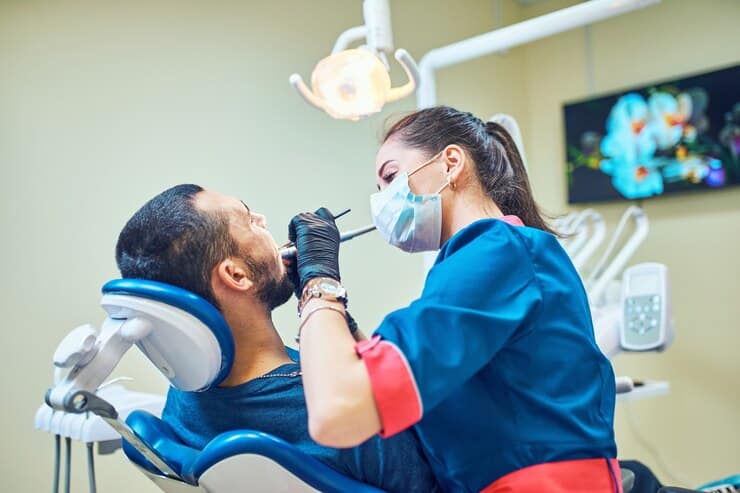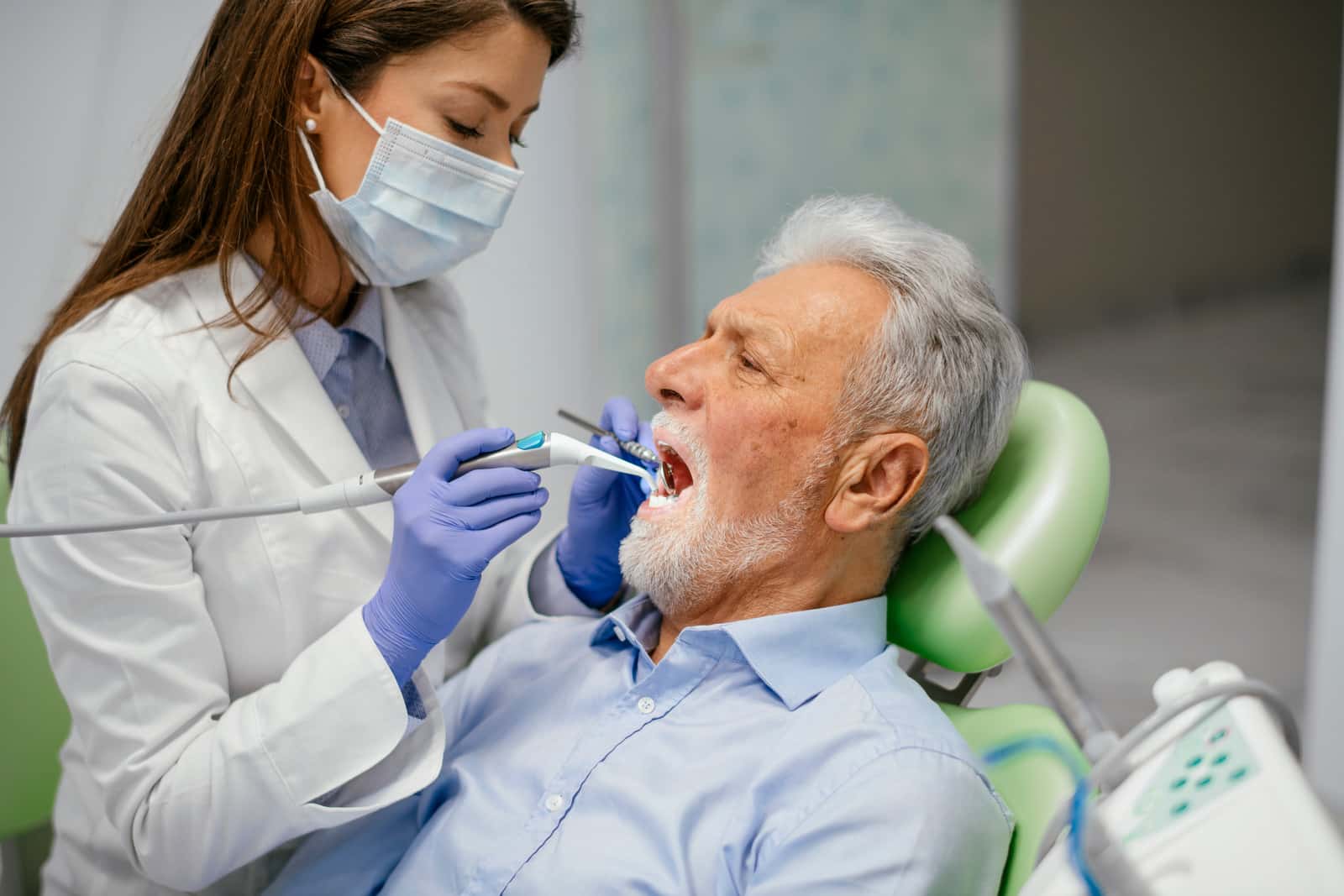How do you Know that there is a Dental Emergency?

How do you Know that there is a Dental Emergency?
Preparing yourself well in advance is the best thing you can do, in case of unprecedented events. Dental emergencies are of the like. The best you can do about dealing with any medical emergency is having a checklist of the dos and don’ts at that hour of need. First of all, it is important to make a note of what are the symptoms in your oral health that signals at an emergency? Let us have a look at them:
Is your Mouth Bleeding?
Sometimes your gums could bleed while brushing or flossing your teeth and this could be a sign of gum disease. If switching to a softer brush does not change the situation, you’ll need to visit your dentist in order to discuss treatments.
If, post a dental procedure, your mouth is bleeding and the bleeding has lasted for more than 24 hours, an emergency appointment with your dentist should be fixed as early as possible. In the meantime, you must ascertain that your head is kept elevated. Pressure may be applied in the area to help control the bleeding.
Is your Face Swollen?
Sudden swelling in the mouth area, especially the cheeks, is a sign of an infection. It needs to be diagnosed by your dentist as early as possible. What you need to immediately is try applying ice or a cold compress in order to reduce the inflammation. In this case too, you need to keep your head upright as much as possible. Lying flat should be avoided even when sleeping. It is also highly advised that you take plenty of fluids to stay hydrated until your appointment with the dentist.
Having a Toothache?
Tooth pain can hint at a lot of things. A toothache is considered to be the indicator of anything from cavities to even a pulp infection (which requires a root canal). Painkillers and cold compresses are initial steps that can be taken. If the problem gets well managed with these, you can sit relaxed. But if it doesn’t you need to see your dentist soon. While having a toothache, you should avoid hard or crunchy food (especially if you are having a cracked tooth), as this can make your pain even worse.
Is there Something Stuck In your Teeth?
While having your food, something might at times get lodged between your teeth. Try removing it gently using dental floss. Avoid using things like a pin or any sharp object as it could further damage your gums. If you are unable to remove it at home, it calls for an emergency appointment. Leaving the situation just like that might be impossible. It could also leave the place sore and painful.
Having a Damaged Tooth?
A chipped or cracked teeth need to be examined and treated by your dentist, however small the damage may be. Although, this usually does not call for an emergency, yet, a delay could hamper your dental health! In the meantime, avoid eating hard or crunchy foods that could damage the tooth further. If your damaged tooth is sensitive to temperature, you should also avoid too hot and cold food and drinks.
Has your Tooth Come Out?
A knocked out calls much for a dental emergency. If the tooth is still intact, your emergency dentist may be able to reattach it if:
- You can fix the appointment within the hour and
- You are able to keep the tooth in good condition until arriving at the dentist’s chamber.
What are the things you need to do in order to keep the tooth intact until you reach the office of your emergency dentist?
- Pick the tooth up by the crown (top), not the root,
- Try to rest it back inside the socket.
- If placing it back is not possible, store it in a container with milk or saliva in order to carry it along with you.
Dental emergencies are extremely common in America. In one recent survey, 22 percent of the general population had experienced orofacial pain in the preceding six months, and 12 percent experienced toothache.
Cited: Common Dental Emergencies
Why do you think is it important to acquaint yourself with dental emergencies? It is because, not all cases require an immediate appointment with the dentist, which is not always possible too. If a dental issue occurs in the odd hours of the night, only an emergency case will be dealt with by your dentist. Else you need to fix an appointment within the next business hours. Therefore, keeping yourself well versed with the various kinds of emergencies lets you help yourself out of panic and anxiety when an emergency occurs. The knowledge initial management of emergency situations is an added advantage too.



